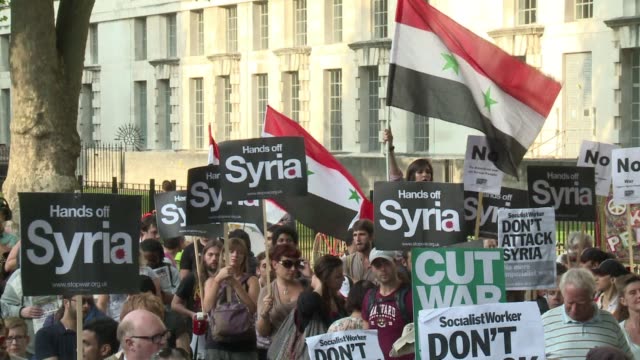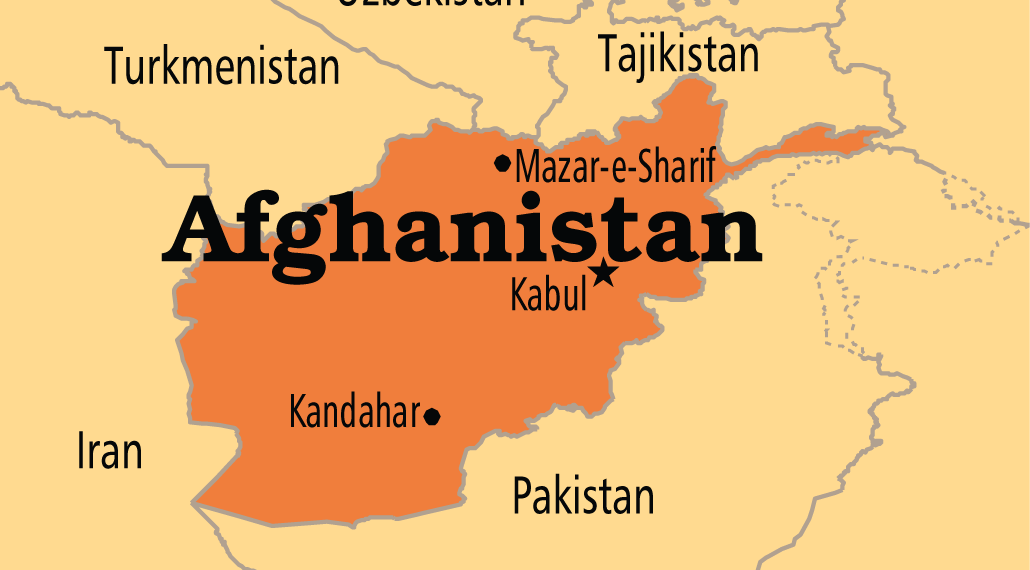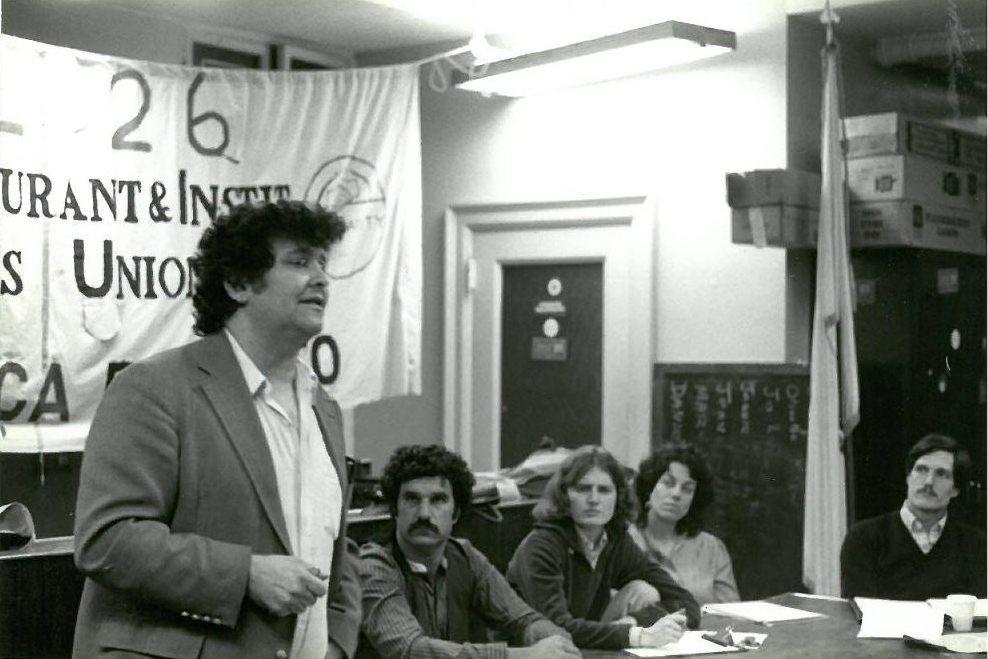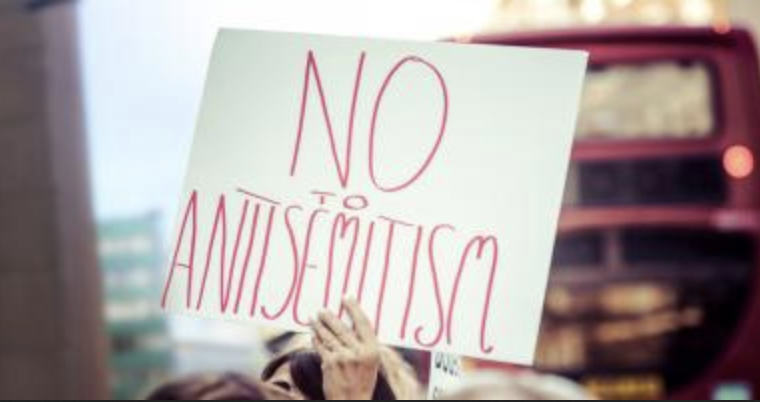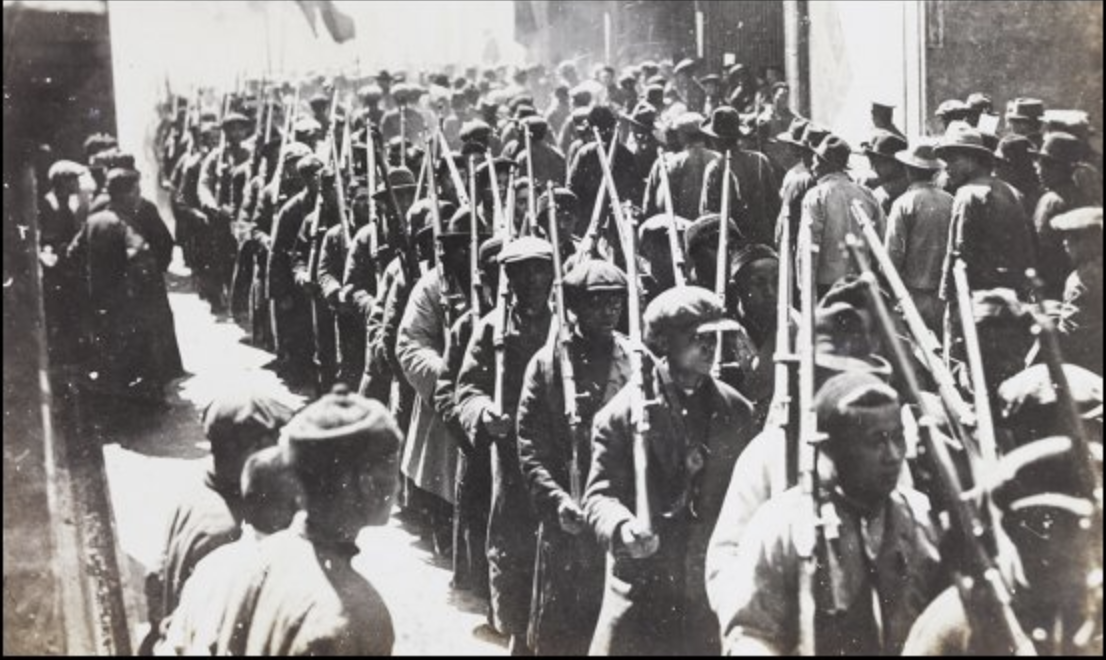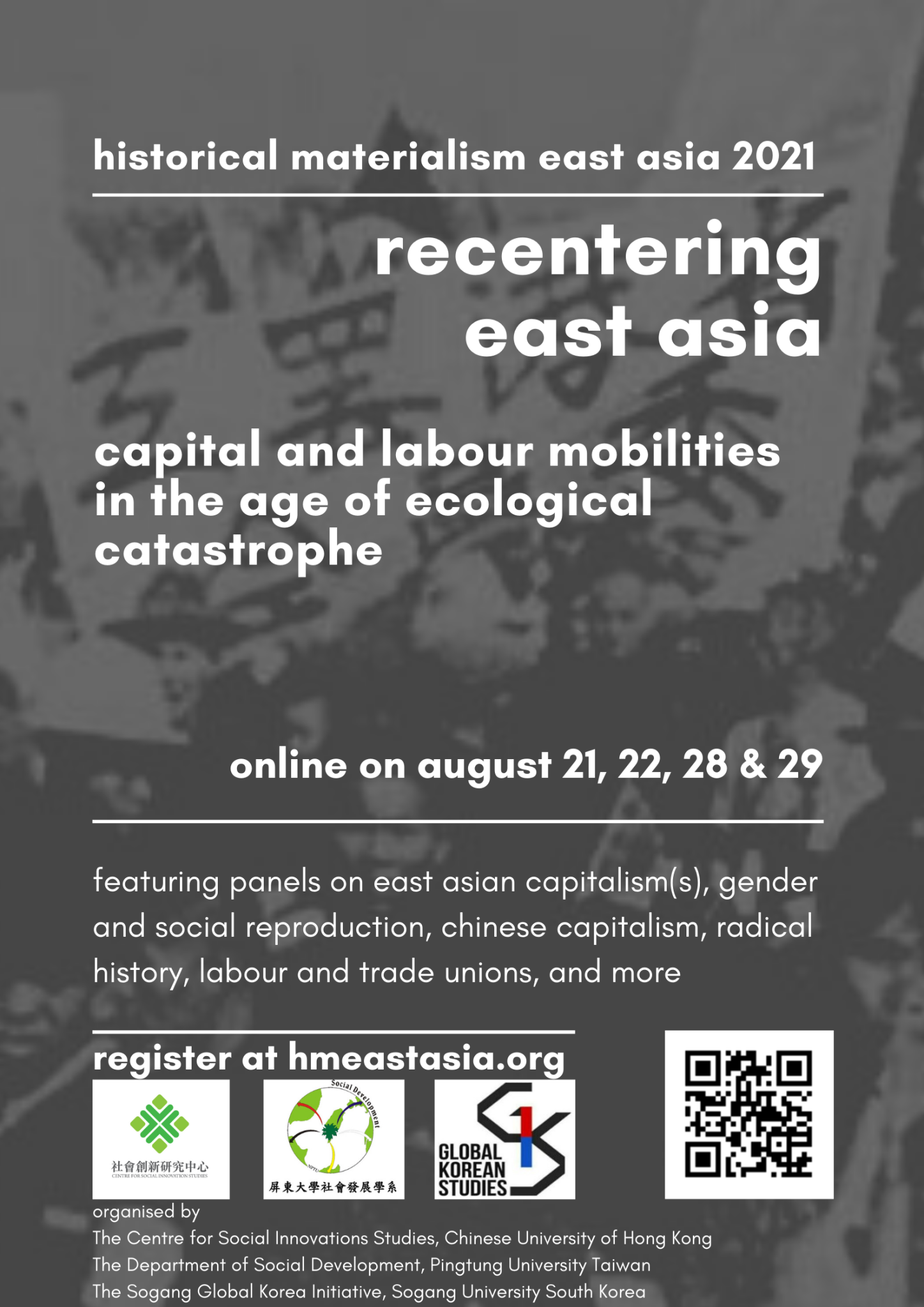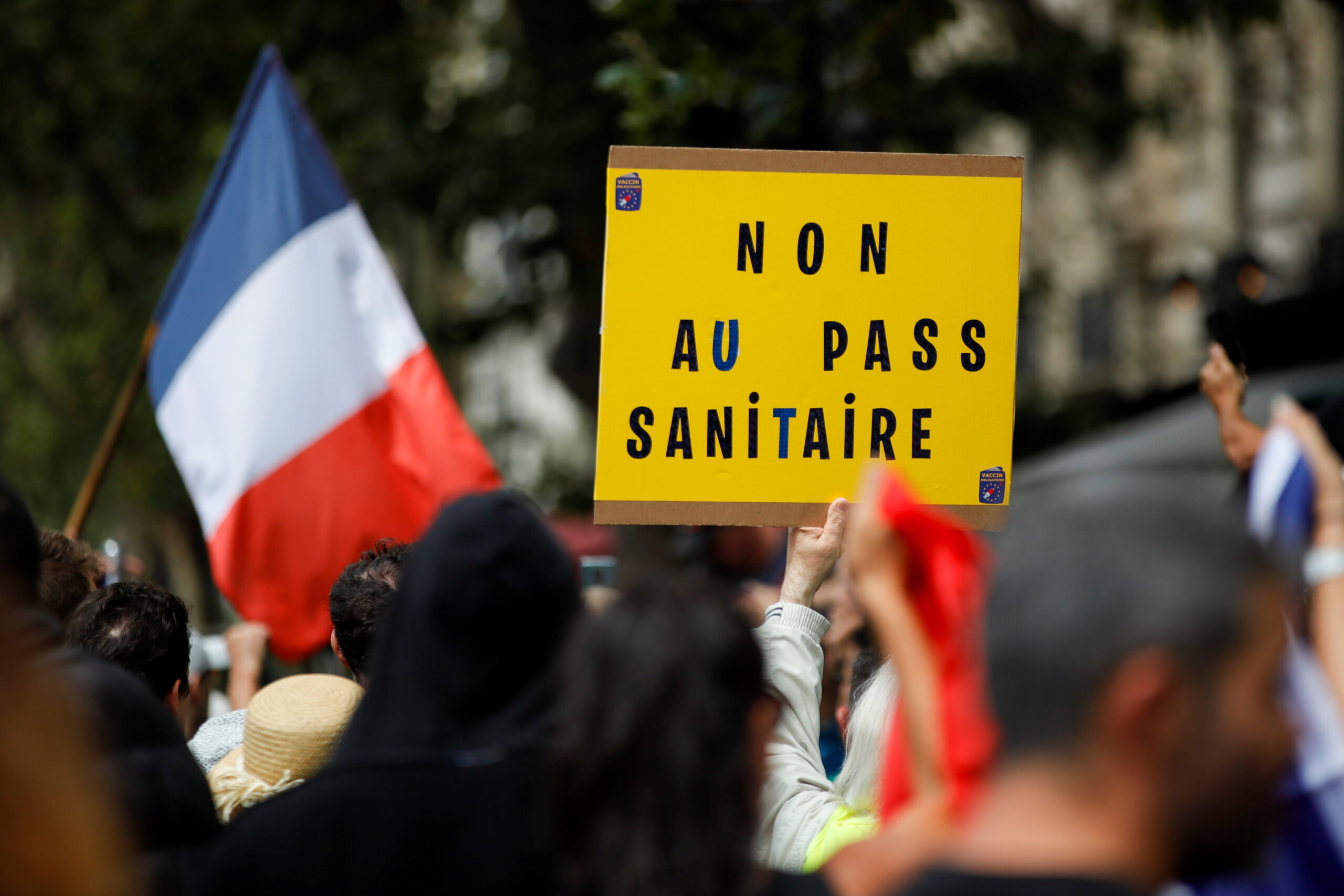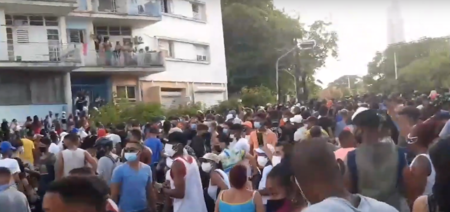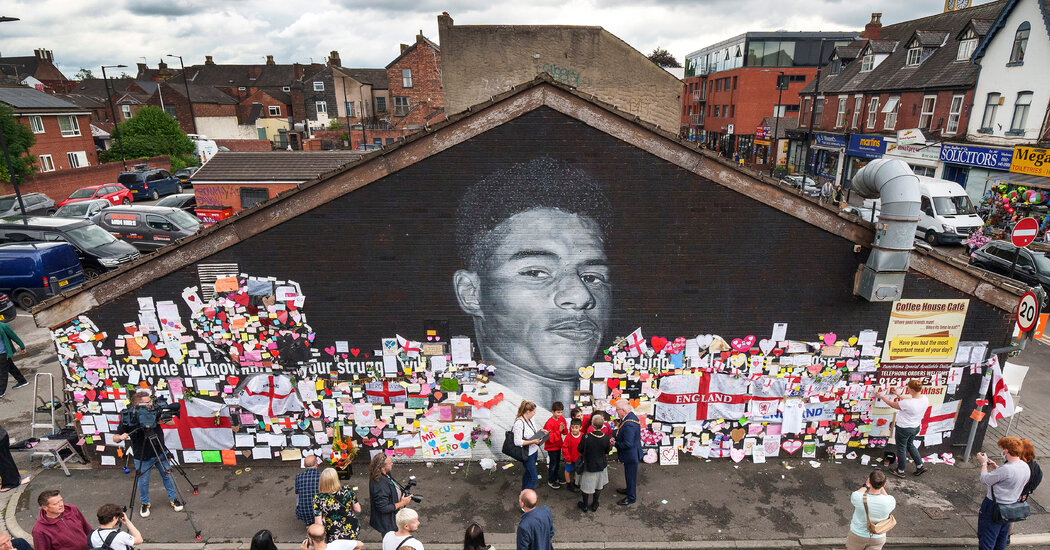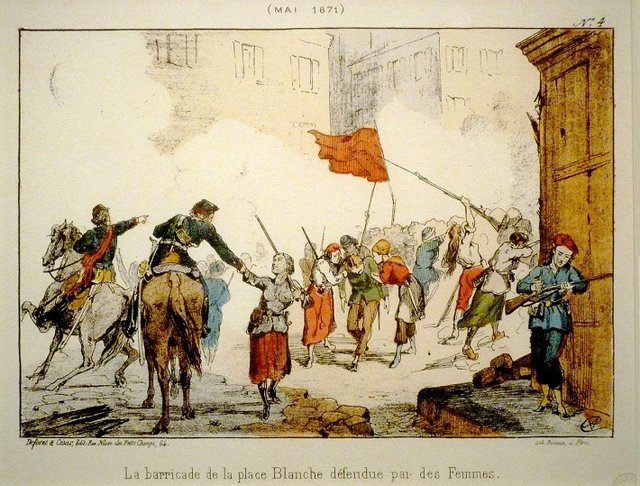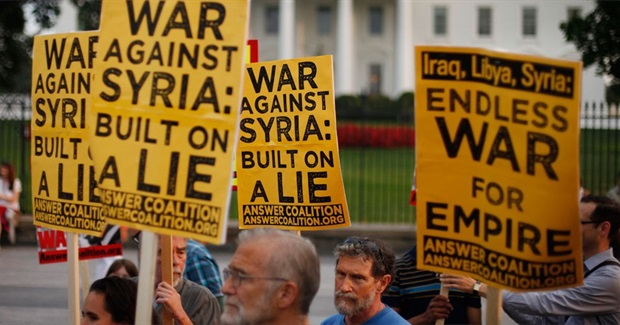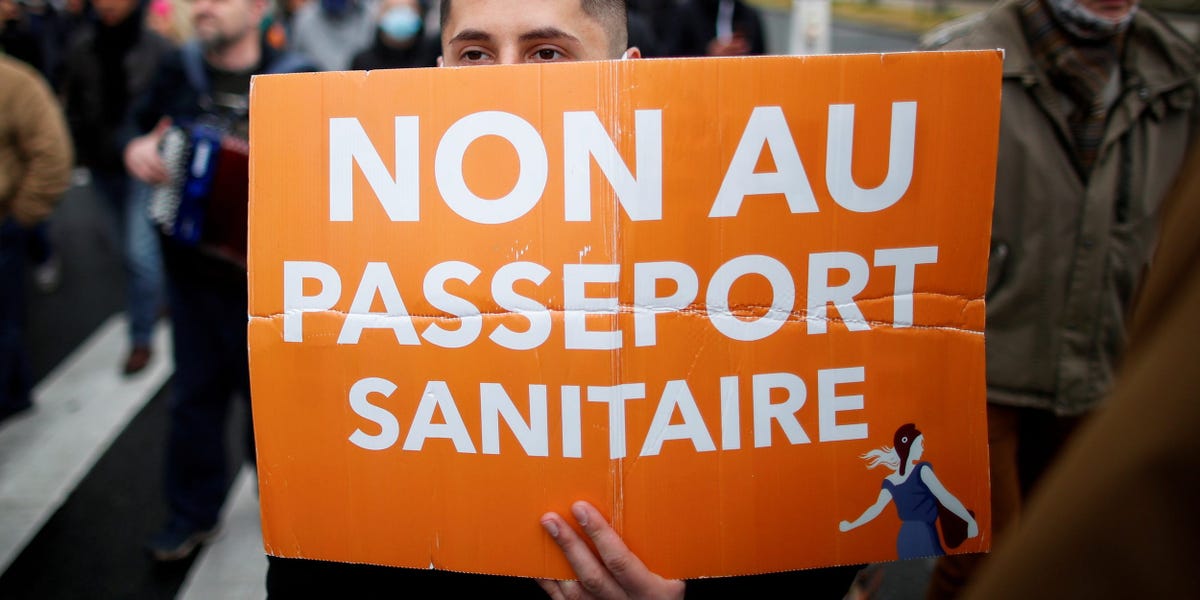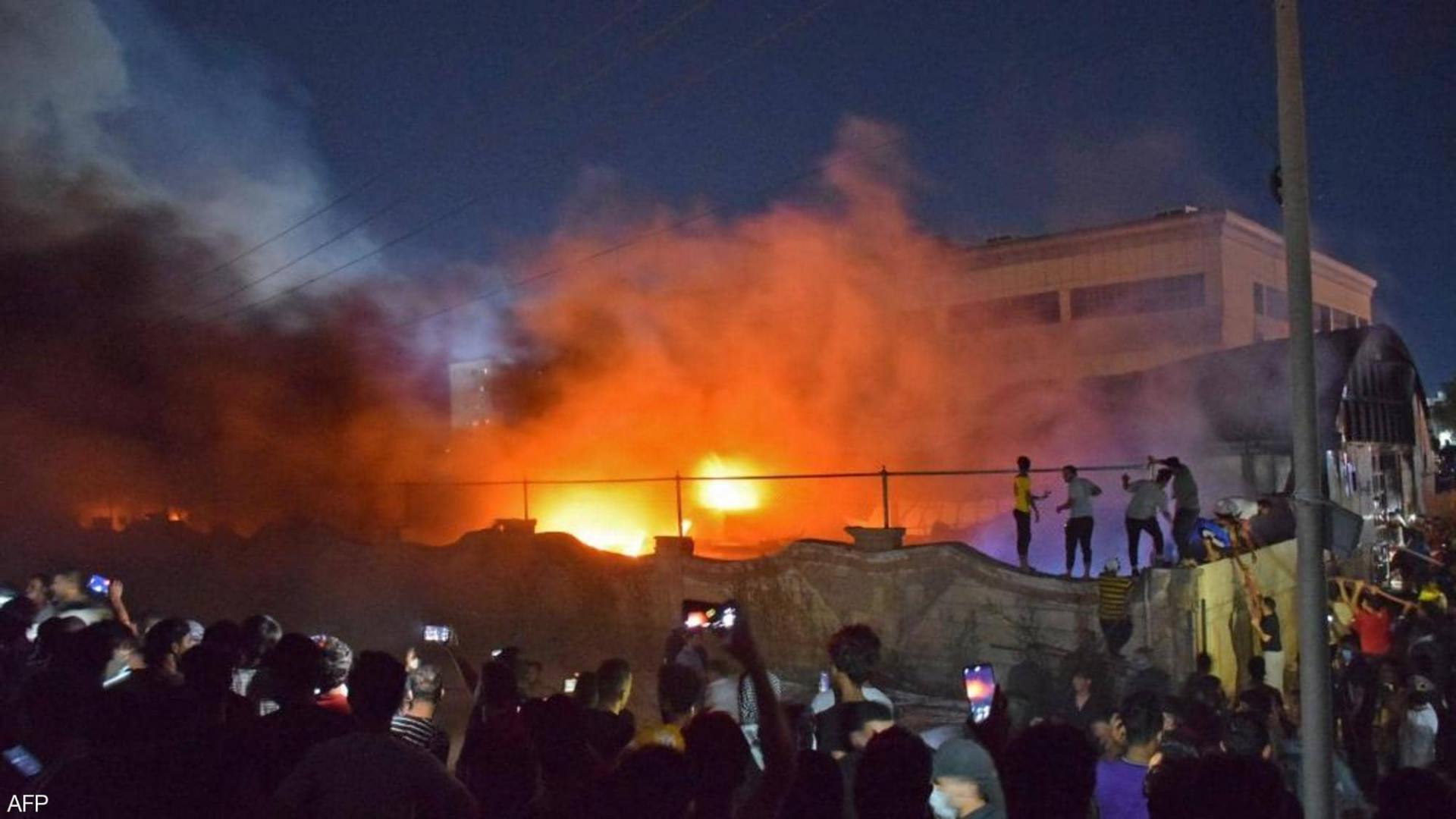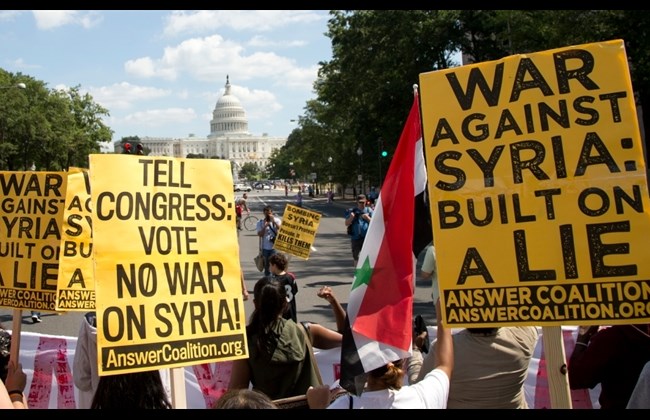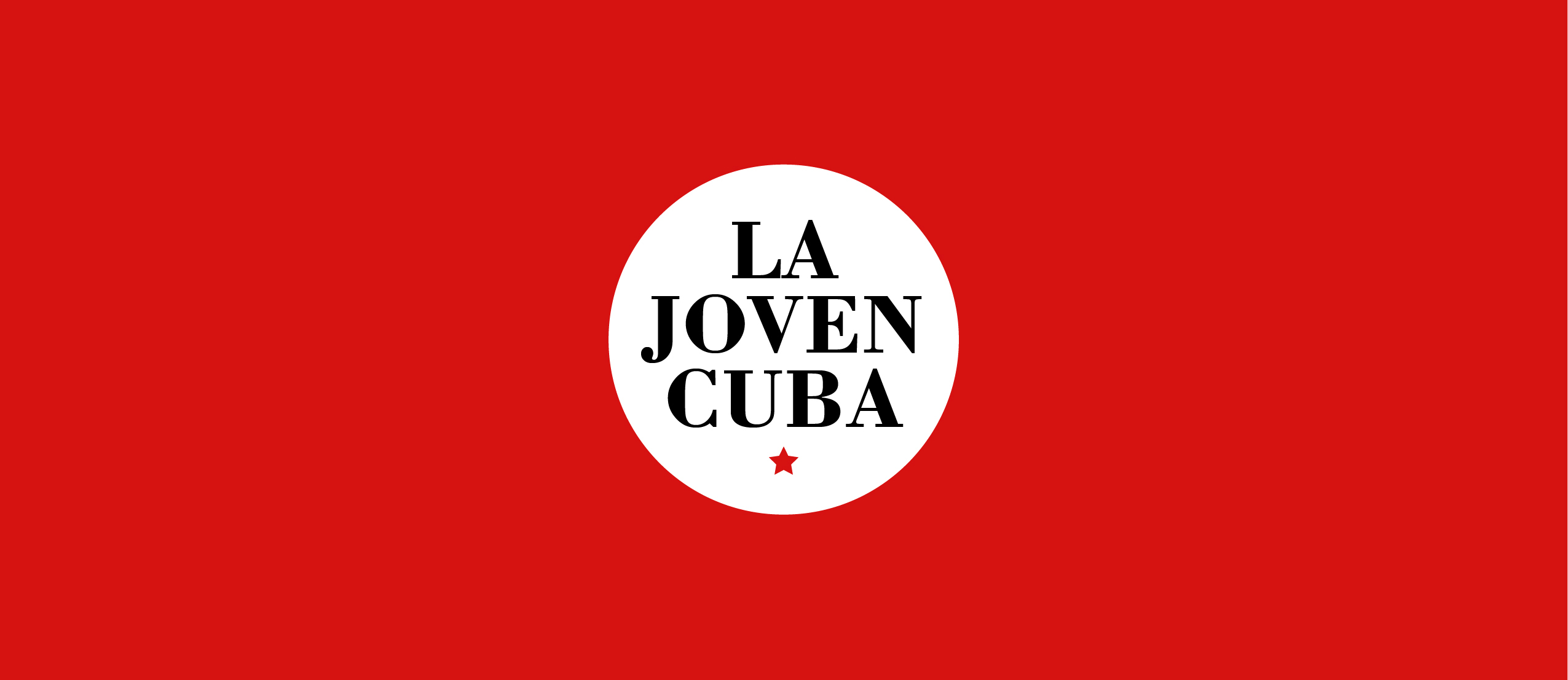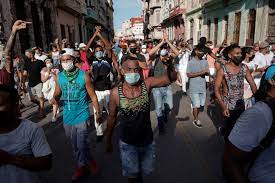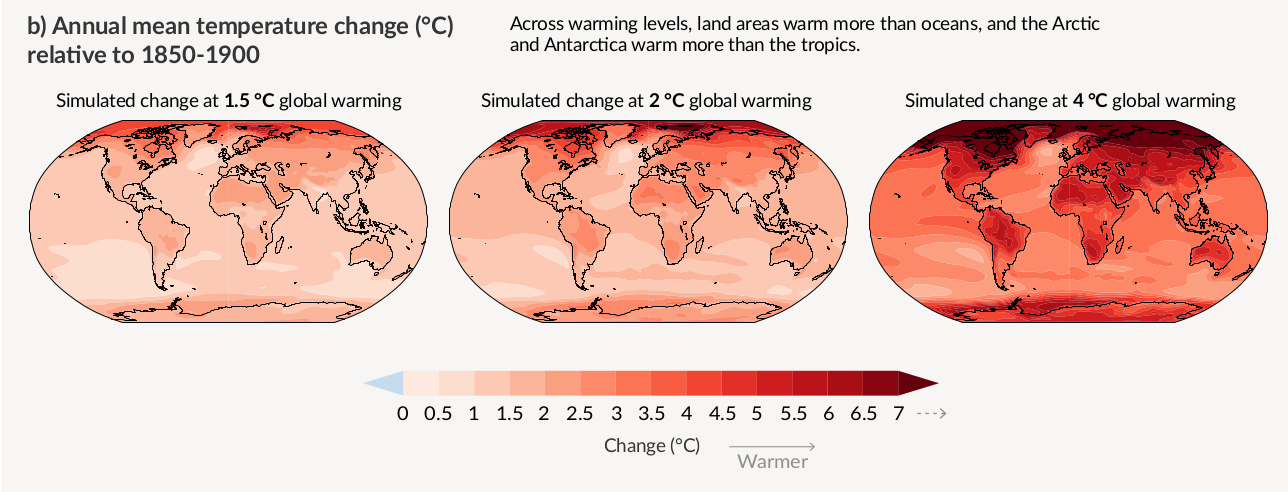
Online Features
The IPCC’s Sixth Assessment Report: A Green-Syndicalist Analysis
Since publication of its first assessment report in 1990, the IPCC has borne witness to the ever-worsening problem of anthropogenic climate disruption, together with what amounts to humanity’s suicidal failure to address the factors threatening collective destruction.
Solidarity, Inc. Part III: The absence of protest
Perhaps the most fatal of the teenage anti-imperialist’s distractions was their argument Western governments were actually supporting the dangerous Islamists in Syria they ‘pretended’ to be bombing.
Who’s Buried in the Graveyard of Empires?
The Afghan government’s fate is but the most recent in a long list of cases of puppet entities created by a foreign occupation that collapse when that occupation ends.
RAWA Responds to the Taliban Takeover
In this brief Q&A, RAWA explains the unfolding situation on the ground as they see it.
On Remembering Stanley Aronowitz
Brother Stanley Aronowitz was always ahead of the curve, with his criticism of the shortcomings of old labor and his envisioning of “a new workers movement” that might replace it.
Understanding Antisemitism Is About More Than Israel and Palestine
Antisemitism informs government policy in Poland and Hungary; it shapes the new right and its fixation on George Soros. Any usable definition of antisemitism needs to see that wider context.
One Hundred Years Ago A Very Different Chinese Communist Party Was Born
The Chinese Communist Party, founded in 1921 by revolutionary socialists inspired by democratic Marxism and the 1917 Bolshevik Revolution, was essentially destroyed by Chiang Kai-shek in 1927-28.
The Inaugural Historical Materialism East Asia Conference – Information Here
We think readers of New Politics may want to know about (and participate in) the inaugural Historical Materialism East Asia conference (online).
What’s Happening in France?
The French collective Aplusoc (Arguments for the Social Struggle) argues that recent protests in France do not represent a reactionary wave.
An assessment of the July 11 Protests in Cuba
Analysis from a Cuban historian and writer based in Matanzas, Cuba.
British Politics: Racism and the Tories
Culture wars are central to the Tory government’s current political strategy, not least because they cannot deliver material benefits to their voting base. Charlie Hore reports from Britain.
Understanding the Paris Commune On its 150th Anniversary
What is the significance of the Paris Commune for us today? A model for socialists? A heroic failure? Negation of the state? Or the first workers’ government?
The Dead End of Liberation Theology
We as socialists do ourselves no favors by treating religion less like an ideology or an institution that can be ruthlessly critiqued like any other and more like a quasi-natural part of one’s very being.
What Western anti-imperialists prescribe for their Arab counterparts
The purpose of the teenage anti-imperialist is to take a precise position at a certain moment in time for a mostly-domestic, aesthetic purpose.
France’s Confusing Political Demonstrations on July 24 – Another Planned for July 31
An interview with longtime French left activist Patrick Silberstein on the current demonstrations in France
Iran: A New Wave of Mass Protests and Strikes
Iran is experiencing another wave of mass protests and strikes as economic, social, political, environmental and health problems make it impossible for the large majority of the population to have the bare minimums needed to live.
DSA’s Flawed International Outlook: The Appeal of the Mass Party and its Contradictions
There’s something contradictory in this position that needs to be pointed out. The parties that DSA has focused on weren’t always mass parties. Often, they began as just the kind of plebeian networks or far left grouplets that DSA eschews as irrelevant.
Solidarity, Inc. Part I: The Industrialisation of Solidarity
Introducing the ‘teenage anti-imperialist’, the ‘solidarity market’, and ‘contrarian continuity’ between anti-imperialists and ‘their ‘establishment parent’/’imperialist’ governments.
Social Explosion in Cuba: The Ignored Signals
In my opinion, there are two determining factors that have led to this moment of malaise. On the one hand, the inability of our rulers to channel a successful reform path…On the other hand, there is the ability of citizens to submit this incapacity to public judgment, which is something new.
Cuban Protests and the American Reaction
The moment that thousands took to the streets in unprecedented national demonstrations in Cuba on July 11 demanding “freedom,” everyone in Cuba and in the United States recognized that we are at a critical moment.
From Cuba: A Description of the Protests
On Sunday 11 July, Cuba experienced a series of social outbreaks that encompassed at least six of the 14 provinces that make up the country. In the 62 years since the triumph of the revolution, Cuba had not faced a situation like this.
